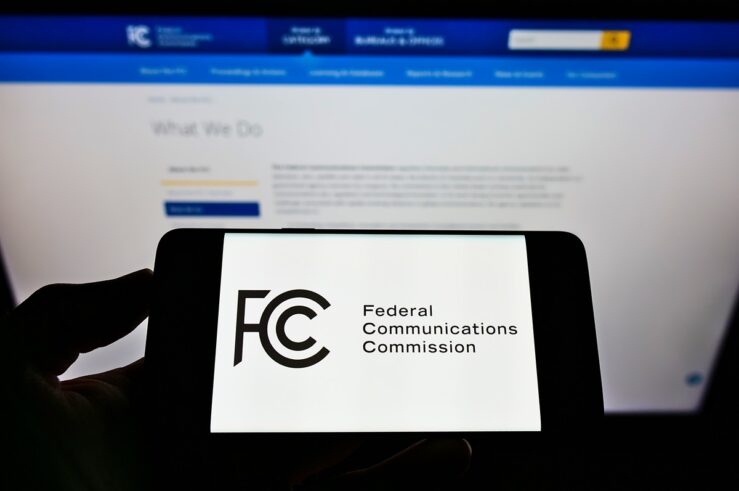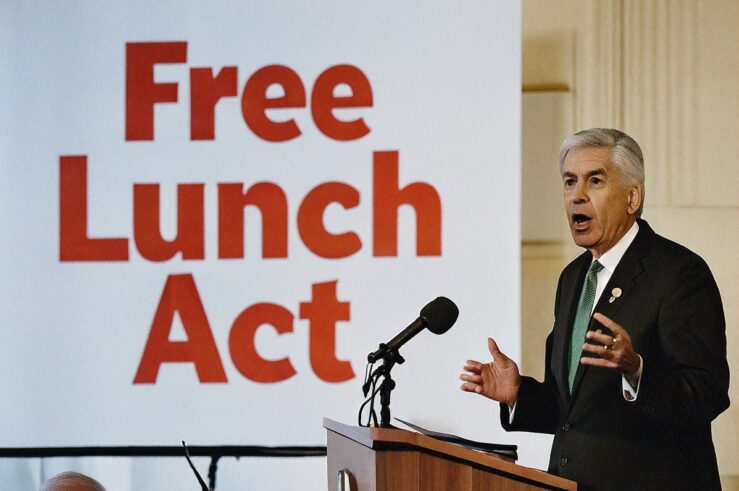The world of economics and public policy has lost yet another giant. Joining Ronald Coase, James Buchanan, Armen Alchian, and Robert Bork is a man whose name may be less familiar to TOTM readers but whose ideas have been hugely influential, particularly on me.
As the first chairman of President Reagan’s Council of Economic Advisers, Murray Weidenbaum lay much of the blame for the anemic economy President Reagan “inherited” (my, how I’ve come to hate that word!) on the then-existing regulatory state. Command and control dominated in those days, and there was virtually no consideration of such mundane matters as the costs and benefits of regulatory interventions and the degree to which regulations were tailored to fit the market failures they purported to correct. Murray understood that such an unmoored regulatory state strangled innovation and would inevitably become co-opted by regulatees, who would use the machinery of the state to squelch competition and gain other advantages. He counseled the President to do something about it.
The result was Executive Order 12291, which subjected major federal regulations to cost-benefit analysis and stated that “[r]egulatory action shall not be undertaken unless the potential benefits to society from the regulation outweigh the potential costs to society.” Such basic cost-benefit balancing seems like nothing more than common sense these days, but when Murray was pushing the idea at Washington University back in the late 1970s, it was considered pretty radical. Many of the Nixon era environmental statutes, for example, proudly eschewed consideration of costs. Murray helped us see how silly that was.
I distinctly remember a conversation we had in 1993. I had just been hired as a research fellow at Wash U’s Center for the Study of American Business, and Murray, the Center director, was taking me and the other research fellow to lunch. The faculty dining club at Wash U is across a busy-ish street from the main campus. There’s a tunnel a block or so west of the dining club, but hardly anybody would use it when walking to lunch. As we waited for an opening in traffic and crossed the street, Murray remarked, “See fellows, this is what I’m talking about. Crossing this busy street is risky. All these lunch-goers could eliminate the risk of an accident by walking two blocks out of their way. But nobody ever does that. The risk reduction just isn’t worth the cost.”
That was classic Murray. He was a plain-talking purveyor of common sense. He was firm in his beliefs but always kind and never doctrinaire. By presenting his ideas calmly and rationally, he earned the respect of differently minded folks, like Democratic Senator Thomas Eagleton, with whom he co-taught a popular course at Wash U. Our country is a better place because of Murray’s service, and I am where I am because he took me under his wing.
Rest in peace, Murray.




